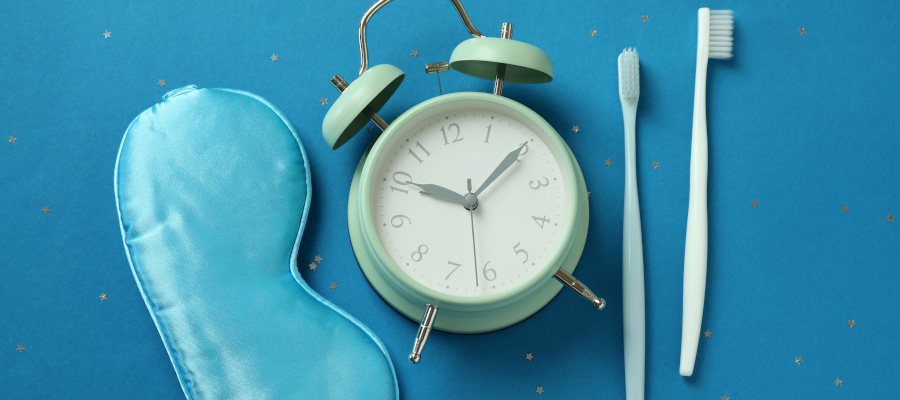Sleeping Late: Is It Bad For Your Health?
Sleep is important for your health, but is sleeping late bad for you? It's a question that many people ask themselves when they are feeling tired in the morning. Although there is no clear answer to this question, here is what research says about how it affects our health.
How much sleep do you need?
A good night’s sleep is paramount for your overall health. It is recommended that you get at least seven hours of sleep each night, although some people may need more or less depending on their body’s needs.
If you are not getting enough sleep it can affect how you feel throughout the day and make it harder to focus on tasks.
Studies have shown that your sleep quality is important for brain function and memory, as well as maintaining a healthy immune system.
Sleep hygiene

It is best to have regular sleep habits so your body is prepared to fall asleep at the same time every night. This will help you establish healthy sleep patterns. This also means that it’s preferable to get up at the same time each day.
If you usually wake up at seven a.m. to go to work, suddenly sleeping until 10 a.m. can disrupt your rhythm and may make it difficult to fall asleep at night.
However, going to bed late is not necessarily bad for you. It is more about your body’s circadian rhythm and your sleep chronotype than anything else.
Some people are at peak performance in the morning while others do better later in the day. “Larks” are people who rise early and are more active in the morning while “owls” are those who sleep later and are active late into the night.
Read also: How to adjust your sleep chronotype
Night shift workers and health

Working night shifts can increase your risk for a variety of health issues, including weight gain and obesity. This is because it is more difficult to stay active at night than during the day.
While sleep chronotypes differ, all people adhere to the same basic internal clock. This means our system is having a harder time coping with staying up at night, which can have negative consequences for your health.
Staying on a prolonged schedule of working at night requires more discipline in getting adequate, quality sleep during the day and managing nutrition and exercise to maintain overall health. For some, the use of light therapy glasses can help shift circadian rhythms to help modify your energy levels throughout the day and night.
Read also: How to work night shift and stay healthy
Conclusion

Good quality sleep is essential to health and wellbeing. Working night shifts has been linked to higher risk of certain health issues, however going to bed late is not a sole cause of negative health effects.
The important thing is to maintain a regular sleep schedule that suits your sleep chronotype and avoid sleep deprivation. Bolster your sleep hygiene during the day by getting out into the sun, exercising regularly and eating a balanced nutritious diet.
Many aspects of modern society support larks – or morning people – with early morning work and school start times. So if your sleep chronotype or your work schedule requires you to rise against your natural inclination, be sure to support your sleep by ensuring you are getting quality sleep. Taking a short nap get also help boost your energy as well.


